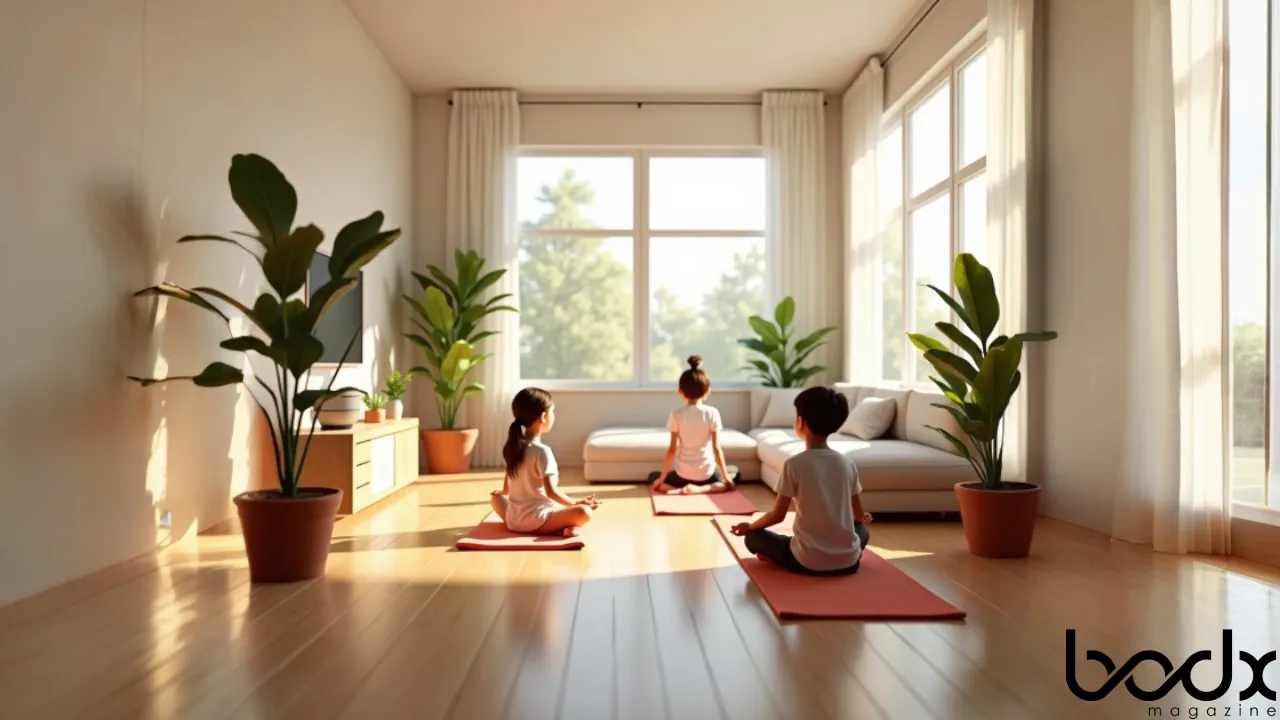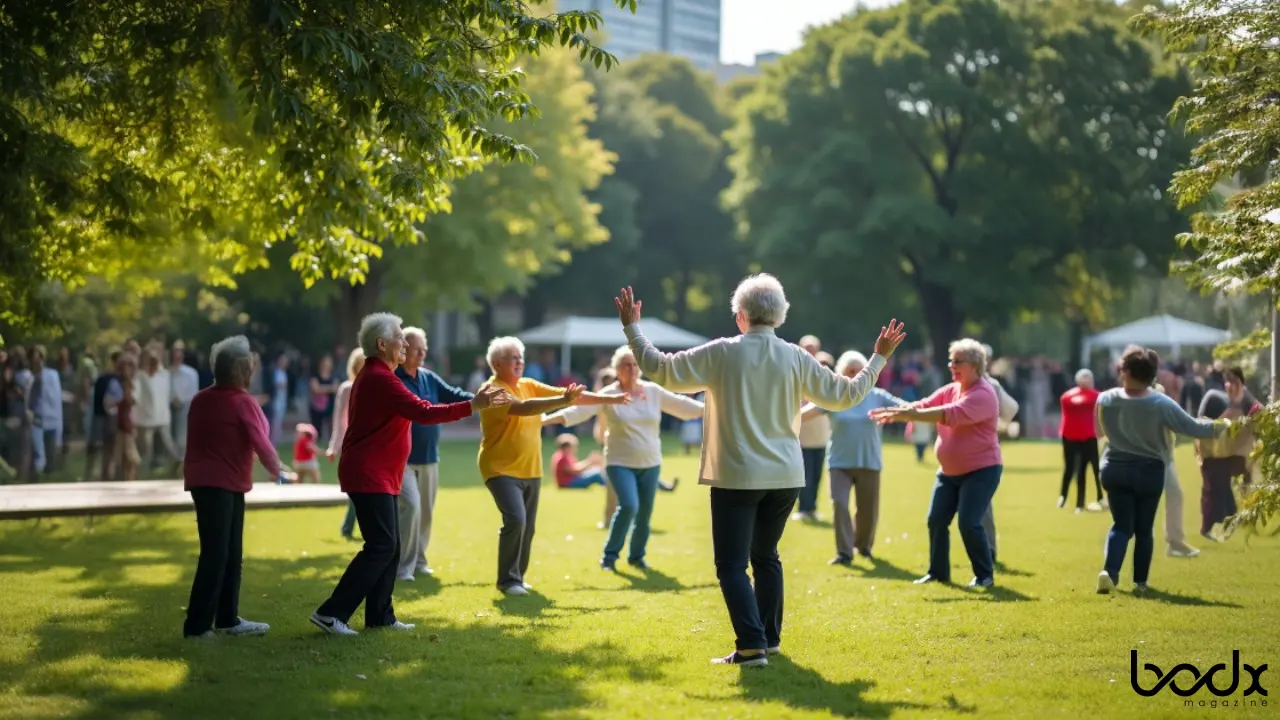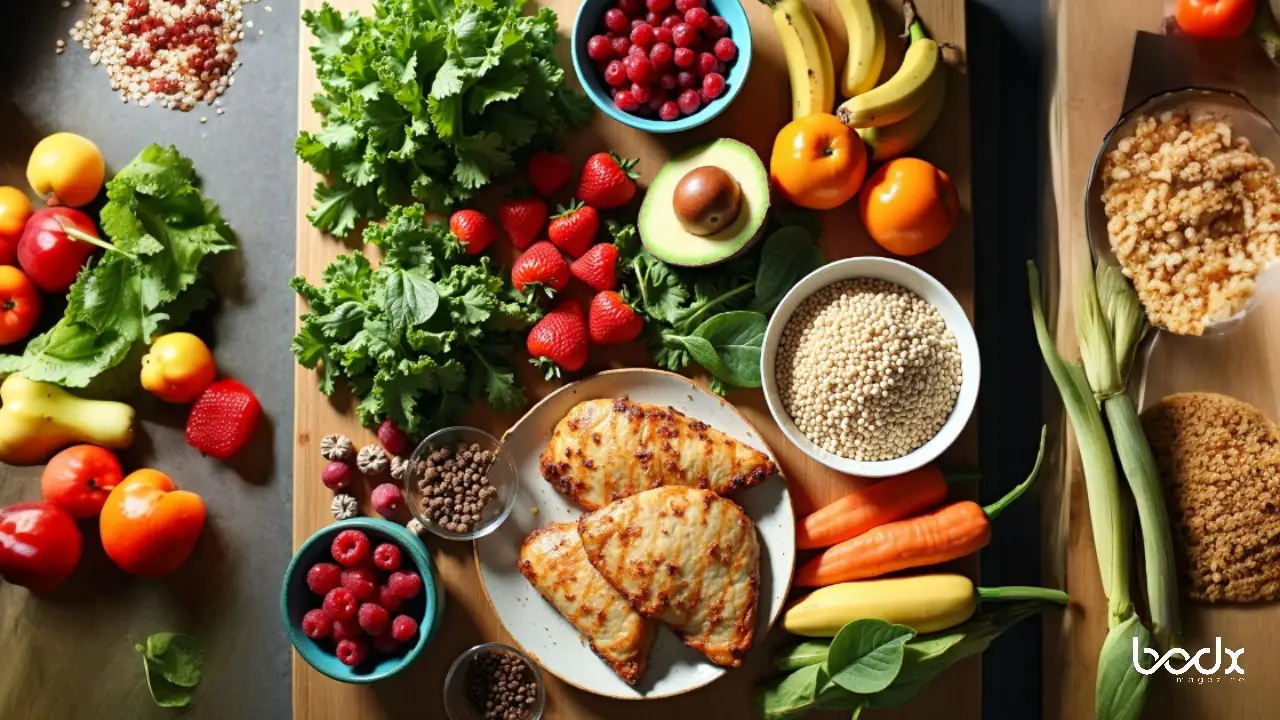In today’s fast-paced world, embracing new lifestyle trends can significantly enhance our quality of life. These trends are not just fleeting fads; they are transformative practices that can lead to a healthier, happier, and more fulfilling existence. From wellness routines to sustainable living, let’s explore how adopting these trends can make a profound difference in our lives.
The Rise of Mindfulness and Meditation
Understanding Mindfulness
Mindfulness is more than just a buzzword; it is a powerful practice that involves being fully present in the moment. By focusing on the here and now, we can reduce stress, improve mental clarity, and enhance our overall well-being. Mindfulness can be practiced through meditation, breathing exercises, or simply by paying attention to our daily activities.
Benefits of Meditation
Meditation is a cornerstone of mindfulness. Regular meditation can lead to numerous benefits, including:
- Reduced Stress: Meditation helps calm the mind and reduce the production of stress hormones.
- Improved Focus: By training the mind to concentrate, meditation enhances our ability to focus on tasks.
- Better Emotional Health: Meditation promotes a positive outlook and emotional stability.
Incorporating Mindfulness into Daily Life
Incorporating mindfulness into our daily routine doesn’t require significant changes. Simple practices like mindful eating, where we savor each bite, or mindful walking, where we pay attention to our surroundings, can make a big difference. Setting aside a few minutes each day for meditation can also help us stay grounded and centered.
The Shift Towards Sustainable Living
What is Sustainable Living?
Sustainable living involves making choices that reduce our environmental impact. This includes using resources more efficiently, reducing waste, and adopting eco-friendly habits. Sustainable living is not just about protecting the planet; it also promotes a healthier lifestyle.
Benefits of Sustainable Living
- Environmental Impact: By reducing waste and conserving resources, we help protect the environment.
- Health Benefits: Sustainable living often involves eating organic foods, reducing exposure to harmful chemicals, and spending more time outdoors.
- Economic Savings: Many sustainable practices, such as using energy-efficient appliances and reducing water usage, can save money in the long run.
Practical Tips for Sustainable Living
- Reduce, Reuse, Recycle: Follow the three Rs to minimize waste.
- Use Energy-Efficient Appliances: These appliances consume less energy and reduce utility bills.
- Support Local and Organic Foods: Buying local reduces carbon footprints and supports local farmers.
- Adopt a Minimalist Lifestyle: Focus on quality over quantity and reduce unnecessary consumption.
The Importance of Physical Fitness
Why Physical Fitness Matters
Physical fitness is crucial for maintaining overall health and well-being. Regular exercise helps prevent chronic diseases, improves mental health, and boosts energy levels. It also enhances our physical appearance and self-confidence.
Types of Physical Activities
- Cardiovascular Exercises: Activities like running, cycling, and swimming improve heart health and endurance.
- Strength Training: Lifting weights or using resistance bands builds muscle and strengthens bones.
- Flexibility Exercises: Yoga and stretching improve flexibility and reduce the risk of injuries.
- Balance Exercises: Activities like tai chi enhance balance and coordination.
Creating a Fitness Routine
Creating a fitness routine that fits our lifestyle is essential. Start with activities we enjoy and gradually increase the intensity. Aim for at least 150 minutes of moderate aerobic activity or 75 minutes of vigorous activity each week, along with muscle-strengthening exercises on two or more days a week.
The Role of Nutrition in a Healthy Lifestyle
Understanding Balanced Nutrition
Balanced nutrition involves consuming a variety of foods that provide the necessary nutrients our bodies need to function correctly. This includes carbohydrates, proteins, fats, vitamins, and minerals.
Benefits of a Healthy Diet
- Weight Management: A balanced diet helps maintain a healthy weight.
- Disease Prevention: Proper nutrition reduces the risk of chronic diseases like diabetes, heart disease, and cancer.
- Improved Mood and Energy Levels: Eating a balanced diet can enhance mood and increase energy levels.
Tips for Healthy Eating
- Eat a Variety of Foods: Include fruits, vegetables, whole grains, lean proteins, and healthy fats in our diet.
- Limit Processed Foods: Processed foods often contain unhealthy fats, sugars, and sodium.
- Stay Hydrated: Drink plenty of water throughout the day.
- Practice Portion Control: Be mindful of portion sizes to avoid overeating.
The Power of Social Connections
Why Social Connections Matter
Strong social connections are vital for our mental and emotional well-being. They provide support, reduce stress, and contribute to a sense of belonging and purpose.
Benefits of Social Connections
- Emotional Support: Friends and family provide a support system during challenging times.
- Improved Mental Health: Social interactions can reduce the risk of depression and anxiety.
- Increased Longevity: Studies show that people with strong social connections tend to live longer.
Building and Maintaining Relationships
- Stay Connected: Regularly reach out to friends and family through calls, messages, or visits.
- Join Groups or Clubs: Participate in community activities or join clubs that interest us.
- Volunteer: Volunteering is a great way to meet new people and give back to the community.
- Be a Good Listener: Show genuine interest in others and listen actively.
Embracing Technology for a Better Lifestyle
The Role of Technology in Modern Life
Technology has become an integral part of our daily lives, offering tools and resources that can enhance our quality of life. From health apps to smart home devices, technology can help us stay organized, informed, and connected.
Benefits of Technology
- Health Monitoring: Wearable devices and health apps can track our fitness levels, monitor vital signs, and provide insights into our health.
- Convenience: Smart home devices can automate tasks, making our lives more convenient.
- Education and Learning: Online courses and educational apps provide opportunities for continuous learning.
- Communication: Social media and messaging apps help us stay connected with loved ones.
Using Technology Wisely
- Set Boundaries: Limit screen time and take regular breaks to avoid digital fatigue.
- Stay Informed: Use reliable sources to stay informed about the latest trends and developments.
- Protect Privacy: Be mindful of privacy settings and protect personal information online.
- Balance Online and Offline Activities: Ensure a healthy balance between online activities and real-world interactions.
The Impact of Financial Wellness
Understanding Financial Wellness
Financial wellness involves managing our finances effectively to reduce stress and achieve financial stability. It includes budgeting, saving, investing, and planning for the future.
Benefits of Financial Wellness
- Reduced Stress: Financial stability reduces stress and anxiety related to money.
- Better Decision Making: Financial wellness enables us to make informed decisions about spending and saving.
- Increased Security: Having a financial plan provides a sense of security and prepares us for unexpected expenses.
Tips for Achieving Financial Wellness
- Create a Budget: Track income and expenses to create a realistic budget.
- Save Regularly: Set aside a portion of income for savings and emergencies.
- Invest Wisely: Consider long-term investments to grow wealth.
- Plan for Retirement: Start planning for retirement early to ensure financial security in later years.
The Importance of Personal Development
What is Personal Development?
Personal development involves activities that improve our skills, knowledge, and overall well-being. It includes setting goals, learning new skills, and seeking personal growth.
Benefits of Personal Development
- Increased Self-Awareness: Personal development helps us understand our strengths and weaknesses.
- Improved Skills: Learning new skills enhances our capabilities and opens up new opportunities.
- Greater Fulfillment: Personal growth leads to a more fulfilling and meaningful life.
Steps for Personal Development
- Set Goals: Define clear, achievable goals for personal and professional growth.
- Seek Learning Opportunities: Take courses, read books, and attend workshops to gain new knowledge.
- Practice Self-Reflection: Regularly reflect on our progress and areas for improvement.
- Stay Motivated: Stay motivated by celebrating small achievements and staying focused on long-term goals.
Conclusion
Embracing new lifestyle trends can significantly enhance our quality of life. By adopting practices such as mindfulness, sustainable living, physical fitness, balanced nutrition, strong social connections, wise use of technology, financial wellness, and personal development, we can lead healthier, happier, and more fulfilling lives. These trends are not just about following the latest fads; they are about making meaningful changes that improve our overall well-being. Let’s take the first step towards a better quality of life by embracing these transformative lifestyle trends.
FAQs
1. What are some simple ways to start practicing mindfulness?
Start with short meditation sessions, practice mindful breathing, and pay attention to daily activities like eating and walking.
2. How can I make my home more sustainable?
Use energy-efficient appliances, reduce water usage, recycle, and choose eco-friendly products.
3. What are the best exercises for beginners?
Walking, jogging, yoga, and bodyweight exercises like squats and push-ups are great for beginners.
4. How can I improve my diet without drastic changes?
Incorporate more fruits and vegetables, reduce processed foods, and practice portion control.
5. How can I strengthen my social connections?
Stay in touch with friends and family, join clubs or groups, volunteer, and be a good listener.
6. What are some useful health apps?
MyFitnessPal, Headspace, and Fitbit are popular health apps that can help track fitness, nutrition, and mindfulness.
7. How can I create a budget?
Track your income and expenses, categorize spending, and set realistic financial goals.
8. What are some personal development activities?
Set goals, take courses, read books, practice self-reflection, and seek feedback from others.
9. How can I balance work and personal life?
Set boundaries, prioritize tasks, take breaks, and make time for hobbies and relaxation.
10. What are the benefits of volunteering?
Volunteering provides a sense of purpose, helps build social connections, and can improve mental well-being.

















